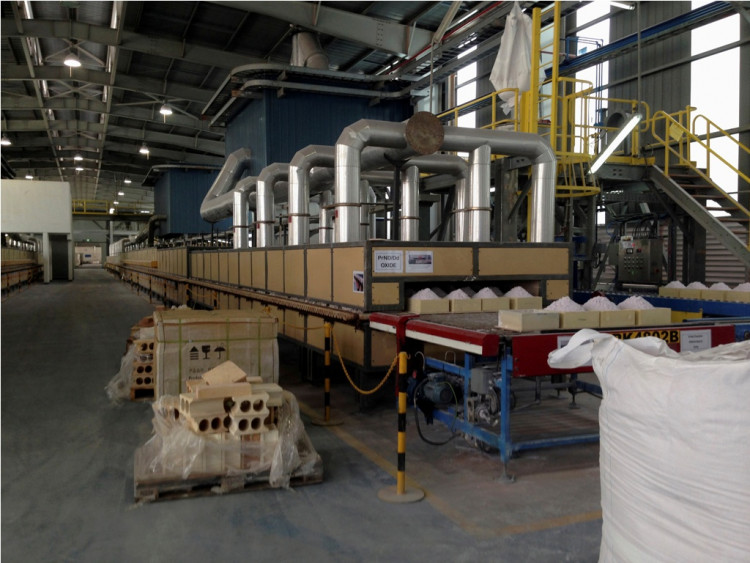The apparent slowdown in Malaysia's economy was previously attributed to weaker exports but the latest data revealed that the decline is also being affected by softer domestic demand in the manufacturing and mining markets.
Economic analysts noted that Malaysia posted average manufacturing sales growth at only 6.2 percent. These figures are the slowest yet in the last two years, signifying a clear decline in orders as supposedly placed by local buyers in the manufacturing and mining industries.
Aside from weakening manufacturing sales, Malaysia's salary and wage growth also slowed down at only eight percent. Finally, employment rates in January and February remained stagnant at two percent. Analysts said these weak numbers connote a significant slowdown in domestic demand that the government and corporate groups should look into for possible resolutions and necessary reforms.
While factory production reached year-on-year forecasts at 1.7 percent in February, the numbers are still lower than January's index that reached 3.2 percent on an annual basis. The index measured not just manufacturing output but also mining and electricity generation.
Before manufacturing export data was unveiled, analysts suggested that Malaysia's slowing economy could have been affected largely by weaker export activities. However, experts now indicate that the country's dependence on domestic demand may also be factoring in the downtrend.
Other analysts stressed that the decline in mining output also had a significant effect on expectations that Malaysia's economy will slow down this year. Global trade tensions that affect Malay markets are also expected to pose a threat to the economy as oil prices fluctuate and tariffs are imposed.
Earlier this month, it was predicted that Malaysia will grow at a "moderate" pace. While both external and internal factors will pressure development, some economists said they are still optimistic about the potential benefits of upcoming reforms that Malaysian Prime Minister Mahathir bin Mohamad's administration will implement.
Politicians have started weighing in on the issue, with some noting that Malaysia will need more time before it returns to the spotlight in Southeast Asian economic leaders. PRK Vice President Rafizi Ramli told voters during a speech on Thursday.
"I would like to tell them this Malaysia now is sick and currently seeking medical aid," Rafizi said, adding that the country is under the hands of physicians who are working to heal the country.
He asked for patience from voters who have been complaining about the struggles the economy is faced with and unfulfilled promises by the government.






